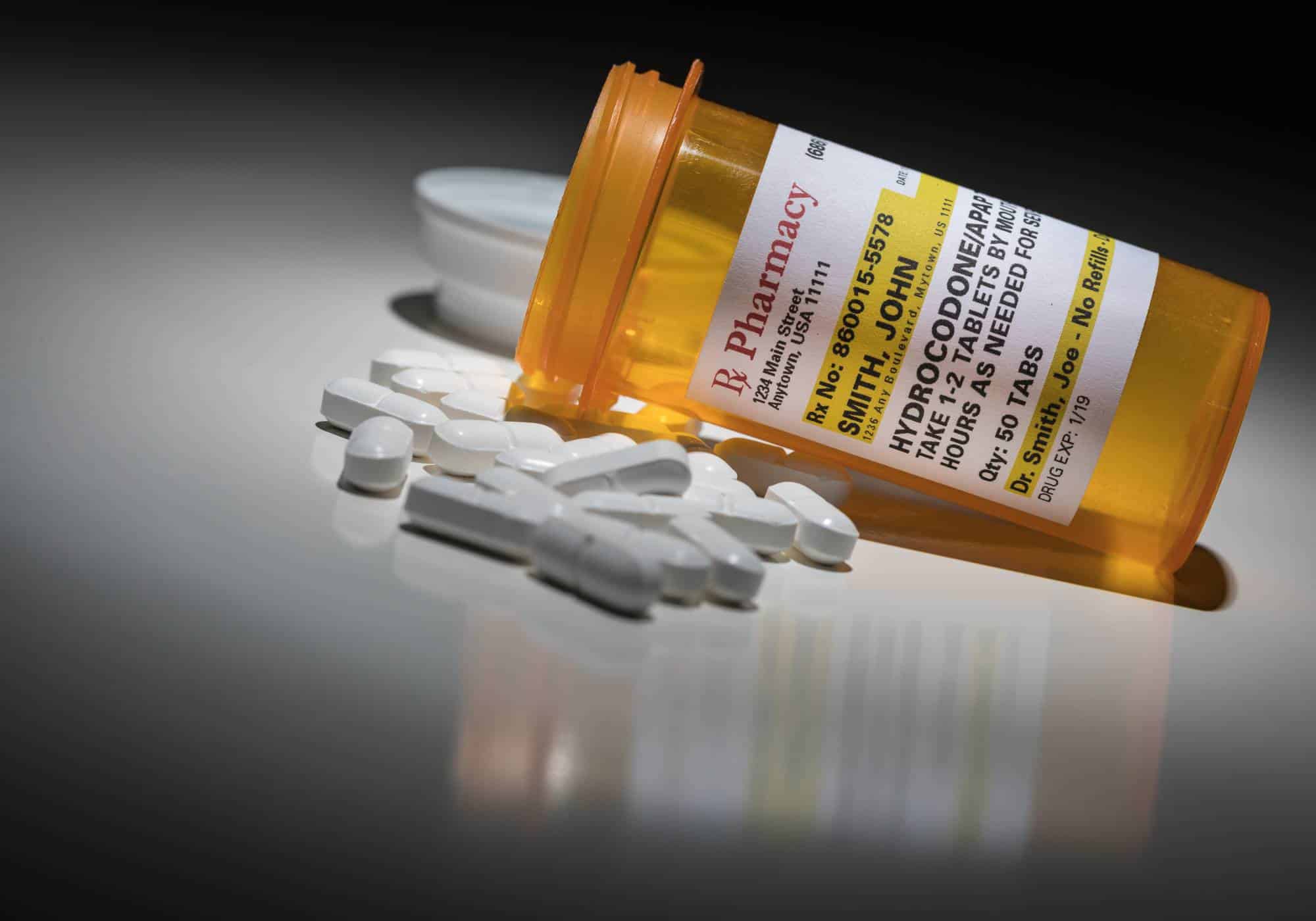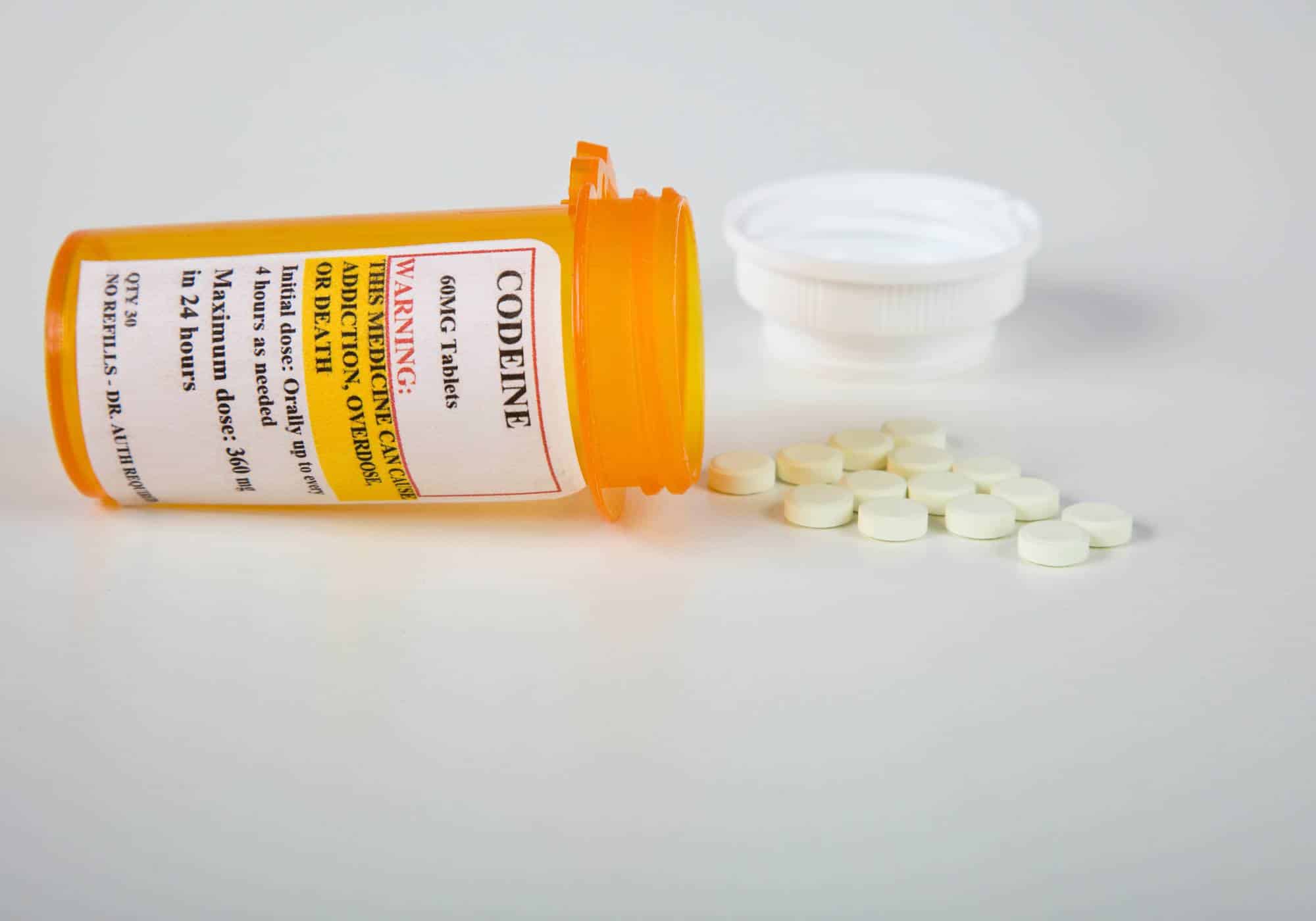Halcion, under the brand name for triazolam, falls into the benzodiazepine category, frequently prescribed for insomnia and anxiety because of its tranquilizing properties. Despite its medical uses, Halcion carries a risk of addiction, potentially resulting in severe health issues if misused. This article aims to explore Halcion, its addiction potential, signs of Halcion addiction, and treatment options. For information on addiction treatment programs, contact us at 678-929-6304.
What is Halcion?
Halcion, known scientifically as Triazolam, is a medication primarily prescribed for managing insomnia and anxiety. As part of the Benzodiazepine family, or “Benzos,” Halcion carries a significant risk of addiction and abuse, even under medical supervision. This medication works by enhancing the GABA neurotransmitter in the brain, which decreases neural activity, leading to muscle relaxation and drowsiness, thereby making it an effective remedy for sleep disturbances.
Despite its efficacy, Halcion is usually prescribed for short durations, typically not exceeding 10 days, due to its high dependency potential. Even adhering to a brief prescribed period can lead to dependency, characterized by withdrawal symptoms upon sudden cessation or dosage reduction.
Triazolam’s potency and potential to induce memory loss led to its ban in the United Kingdom in 1991. Attempts by its original manufacturer, UpJohn, to reintroduce it in the UK were thwarted by European Union regulations. Currently, Pfizer produces Halcion, focusing its distribution within the United States without seeking broader markets.
Once the leading choice for treating insomnia, with over 1.2 million prescriptions at its peak, Halcion has since been overshadowed by newer drugs like Ambien and Lunesta. Despite this, Halcion remains available, sometimes finding its way into illicit trade as a sought-after Benzodiazepine.
Halcion Addiction
Halcion, or triazolam, is a powerful benzodiazepine prescribed for various conditions, including insomnia, anxiety, and more. Its efficacy, however, comes with a high risk of dependency and misuse due to its capacity to induce feelings of intoxication similar to alcohol.
Regulated as a controlled substance, Halcion’s potential for abuse is notable. Dependency can emerge swiftly, sometimes within just two weeks of usage, affecting both those using it recreationally and individuals on a prescribed regimen.
The hallmark of Halcion addiction is the emergence of withdrawal symptoms upon cessation, coupled with a profound sense of reliance on the medication for daily functioning.
Withdrawal from Halcion poses serious health risks, necessitating a medically supervised detox for those seeking to discontinue its use safely.
Signs of Halcion addiction include:
- Persistent, failed efforts to stop using.
- Excessive time spent dealing with the aftermath of usage.
- Intense cravings.
- Neglect of responsibilities.
- Increasing tolerance requiring higher doses for the same effect.
Tolerance to Halcion can develop quickly, leading to addiction even among those adhering to a doctor-prescribed dosage plan.
Can You Become Addicted To Halcion?
Halcion carries a notable risk for addiction and misuse. Its capacity to induce euphoric states when consumed in amounts exceeding the recommended dose or used beyond the advised treatment duration contributes to its potential for abuse.
The risk stems from Halcion’s interaction with the brain’s reward pathways, enticing users towards prolonged consumption. Such use can quickly lead to the development of tolerance, where the initial therapeutic effects diminish, and dependence, characterized by a physical or psychological need for the drug to maintain normal functioning.
Discontinuing Halcion abruptly can provoke withdrawal symptoms, including heightened anxiety, sleep disturbances, and in severe cases, seizures, underscoring the necessity for careful administration and monitoring by healthcare professionals.
How to Tell if Someone Has a Halcion Addiction
Halcion, or triazolam, falls under benzodiazepines—a class of medications that also includes Xanax, Ativan, and Valium. It’s primarily prescribed for insomnia but is also used for conditions like anxiety, aggression, and various psychiatric disorders. Halcion’s effectiveness peaks around two hours after intake, but its short-acting nature means it’s generally prescribed for no longer than 10 days due to its high potential for addiction. Users may develop tolerance within a week, diminishing its sleep-inducing effects, which can lead to increased dosage attempts to replicate the initial benefits.
The drug operates by enhancing the gamma-aminobutyric acid (GABA) neurotransmitter system, contributing to its calming effects. However, its central nervous system depressant qualities can lead to addiction.
Key signs of Halcion addiction include:
- Persistent drowsiness
- Enlarged pupils
- Slowed respiration
- Impaired speech
- Seeking multiple doctors for prescriptions
- Clumsiness and lack of coordination
- Nausea and vomiting
- Withdrawal from social interactions
- Encountering legal problems
- Abandoning hobbies and interests
These indicators underscore the necessity of vigilance for those prescribed Halcion, highlighting the importance of responsible medication management and the potential need for intervention.

Signs of Halcion Abuse
Abusing Halcion often goes unnoticed because individuals may perceive it as harmless due to its medical context. However, not adhering to prescribed guidelines can lead to severe consequences, including the risk of addiction and adverse health impacts. Misuse doesn’t necessarily equate to addiction but significantly increases the likelihood of developing one.
Key signs of Halcion abuse are:
- Experiencing drowsiness, confusion, and difficulty concentrating
- Difficulty maintaining balance
- Impaired speech
- Feeling dizzy
- Encountering memory issues
- Exhibiting slowed breathing patterns
- Consuming doses larger than recommended by a healthcare provider
- Increasing the frequency of doses beyond the prescribed schedule
- Prolonged use beyond the recommended duration
- Utilizing Halcion without a valid prescription
- Mixing Halcion with other substances, notably alcohol
These signs highlight the importance of vigilance and adherence to medical guidance when using Halcion, emphasizing the need to recognize misuse early to prevent the escalation to addiction.
Signs of Halcion Addiction
Halcion, by altering brain chemistry, can lead to compulsive usage and intense cravings characteristic of addiction. Recognized as a treatable condition, overcoming addiction often necessitates expert intervention. Key indicators of a Halcion dependency are:
- Persisting in Halcion usage despite negative consequences
- Experiencing shifts in mood or behavior
- Feeling a loss of control over Halcion consumption
- Preoccupation with acquiring and consuming Halcion
- Neglecting duties at work or school
- Seeking multiple doctors or prescriptions to obtain more Halcion
- Resorting to theft to secure Halcion
- Unsuccessful attempts to quit Halcion
- Developing a physical need for the drug
It’s common for those misusing benzodiazepines like Halcion to battle multiple addictions, often involving alcohol, opioids, or using benzos as a counter-effect to stimulants such as cocaine. This multiplicity of substance use disorders complicates Halcion addiction, underscoring the importance of seeking comprehensive treatment.
Halcion Risks and Addiction Concerns
Halcion, used primarily for the short-term management of insomnia, demands cautious administration due to its addiction potential. Typically prescribed for 7 to 10 days, it’s essential for healthcare professionals to frequently evaluate the necessity of prolonged usage to avoid tolerance, dependency, and addiction risks.
The danger of becoming dependent on Halcion escalates with extended or improper usage, as the body may quickly adapt, requiring larger doses to achieve the initial calming effect. This can lead to psychological reliance on the medication over time.
Abrupt cessation or rapid dosage reduction in long-term users may trigger severe withdrawal symptoms, including insomnia, anxiety, tremors, and seizures. Gradually tapering the dosage under medical guidance can minimize such risks.
Halcion’s ability to depress the central nervous system can impair alertness and coordination, necessitating caution during activities that demand focus, such as driving.
The medication may also interact negatively with other drugs, especially other CNS depressants, heightening sedation, respiratory depression, and serious side effects. It’s crucial for individuals to inform their healthcare providers about all medications and supplements they’re taking alongside Halcion.
Halcion is not recommended for those with a known hypersensitivity to benzodiazepines, severe respiratory or liver issues, or sleep apnea syndrome, and should be prescribed with caution to those with a history of substance misuse.
Additionally, seniors are particularly sensitive to Halcion’s sedative properties, which could lead to cognitive impairments, delirium, falls, and injuries. Lower doses and strict monitoring can help mitigate these concerns.

Treatment For Halcion Addiction
Battling an addiction to Halcion might leave you feeling isolated or burdened with guilt, as if succumbing to weakness. Yet, addiction should not be viewed as a personal failing. The nature of prescription medications, particularly benzodiazepines, inherently carries a risk of dependency. Acknowledging addiction is a critical step, separating physical dependency from your capacity to seek a healthier path. Embracing recovery is challenging but choosing the right support network and treatment options can significantly lighten the journey towards sobriety.
Benefits of Halcion Addiction Treatment
Halcion addiction treatment opens the door to a comprehensive array of strategies, therapeutic interventions, and support systems crucial for breaking free from addiction and stepping into a life marked by health, fulfillment, and sobriety. Throughout this journey, individuals often notice significant improvements in mental health, including heightened emotional stability and clearer thinking.
A key benefit of undergoing treatment is the normalization of sleep patterns, which combats insomnia and ensures more restorative rest. As recovery progresses, many find their levels of anxiety and stress diminish, equipping them with the resilience and tranquility needed to face life’s hurdles more effectively.
Additionally, the process often leads to the mending and deepening of relationships with family and friends, nurturing a sense of connection, trust, and mutual support. By tackling the complex layers of Halcion addiction, the treatment adopts a holistic stance, enabling individuals to regain control over their lives and sustain their recovery over the long term.
Get Help Today From Hope Harbor Wellness
Hope Harbor Wellness is ready to assist those contending with Halcion addiction in Atlanta, GA. We provide customized outpatient treatment programs aimed at fostering recovery and sustainable wellness.
Our team of dedicated professionals is committed to supporting individuals through their recovery journey, offering the necessary tools and guidance to overcome addiction. If Halcion addiction has been a hurdle in your life or that of someone you care about, we’re here to help. Contact Hope Harbor Wellness now at 678-929-6304 or through our online form to explore how we can aid in reclaiming control and paving the way to lasting recovery.












